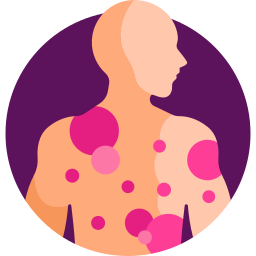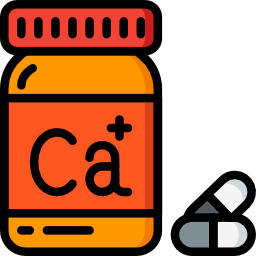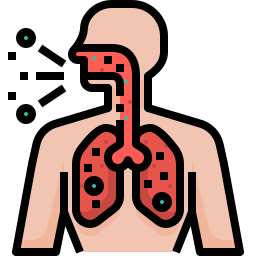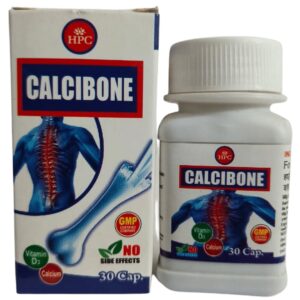Calcivit Syrup (450 ml)
₹220 Original price was: ₹220.₹210Current price is: ₹210.
Calcivit Syrup is an essential mineral required by the human body for a variety of important functions. It is the most abundant mineral in the body, primarily found in bones and teeth. Here are some of the key reasons why calcium is needed in the human body.
Indications: Most Effective In Calcium Deficiency
Dosage: Two Teaspoon Twice Daily After Meal, Or As Directed By The Physician.

Calcium is an essential mineral that plays a crucial role in the human body. Here are some reasons why calcium is needed:
- Bone Health: Calcium is a major component of bones and teeth. About 99% of the body’s calcium is stored in the bones and teeth, providing structural strength and rigidity. Adequate calcium intake throughout life, especially during childhood and adolescence, helps in building and maintaining strong bones.
- Muscle Contraction: Calcium is involved in muscle contraction, including the contraction of the heart muscle. When a nerve signal triggers a muscle to contract, calcium ions are released from storage in the muscle cells, allowing the muscles to contract and generate movement.
- Nerve Function: Calcium plays a vital role in transmitting nerve impulses throughout the nervous system. It helps in the release of neurotransmitters, which are chemicals that allow nerve cells to communicate with each other and with muscles.
- Blood Clotting: Calcium is essential for the process of blood clotting. When there’s an injury and blood vessels are damaged, calcium ions are involved in forming blood clots to stop bleeding.
- Cellular Signaling: Calcium acts as a secondary messenger in various cellular signaling pathways. It helps regulate many cellular processes, including cell growth, division, and apoptosis (programmed cell death).
- Enzyme Function: Certain enzymes in the body require calcium as a cofactor to perform their functions. Enzymes are proteins that facilitate biochemical reactions necessary for various bodily processes.
- Hormone Release: Calcium is involved in the release of hormones and other signaling molecules from various glands, including the endocrine glands.
- Maintaining pH Balance: Calcium ions also play a role in maintaining the body’s acid-base balance, helping to regulate the pH of bodily fluids.
It’s important to note that while calcium is necessary for these functions, the body does not produce calcium on its own. It must be obtained through dietary sources. Good dietary sources of calcium include dairy products (such as milk, yogurt, and cheese), leafy green vegetables, fortified foods (such as fortified cereals and plant-based milk alternatives), nuts, seeds, and certain types of fish (like salmon and sardines). For many individuals, especially those who are unable to meet their calcium needs through diet alone, calcium supplements might be recommended by healthcare professionals. However, it’s essential to ensure you’re getting the right balance of calcium with other nutrients like vitamin D and magnesium to optimize its absorption and utilization in the body.
Be the first to review “Calcivit Syrup (450 ml)” Cancel reply
Related products
Calcium Booster
Calcium Booster
Energy Booster
Energy Booster





















Reviews
There are no reviews yet.